OpenAI vs. Google AI Chatbots: Which is Best for Your Business in 2024?
Artificial Intelligence (AI) has revolutionized how businesses interact with their customers. Among the Artificial Intelligence (AI) has transformed how businesses interact with customers. Among the leading AI chatbot solutions in 2024 are OpenAI and Google AI. Each offers unique features and benefits. Choosing the right chatbot can significantly impact customer service and overall growth. This post explores the key differences between OpenAI and Google AI chatbots, examining their features, benefits, limitations, and which is best for your business.
Overview of AI Chatbots in 2024
What Are AI Chatbots?
AI chatbots are software programs that simulate human-like conversations. They use artificial intelligence to understand user queries and provide responses. In 2024, AI chatbots have become more sophisticated. They handle complex queries and provide detailed responses. Businesses use them to automate customer support, lead generation, sales processes, and internal communications. They are essential tools in modern digital strategies.
Key Players in the AI Chatbot Market
The AI chatbot market is competitive. OpenAI and Google are major players. OpenAI, known for its GPT-4 and GPT-5 models, focuses on creating highly conversational chatbots. Google offers its AI chatbot solutions through Google Dialogflow. Dialogflow integrates with Google’s cloud ecosystem. Each has unique strengths, which we will explore in detail.
OpenAI Chatbots: Features, Benefits, and Limitations
Key Features of OpenAI Chatbots
OpenAI chatbots are powered by advanced models like GPT-4 and GPT-5. These chatbots excel in natural language understanding. They can handle complex dialogues and provide relevant responses. Key features include:
- Natural Language Processing (NLP): OpenAI chatbots understand and generate human-like text. They maintain coherence across conversations and comprehend context.
- Adaptability: They can be fine-tuned for specific domains. This customization enhances customer engagement.
- Integration Capabilities: OpenAI provides APIs for integration with various platforms. Businesses can deploy these chatbots on websites, apps, and CRM systems.
Benefits of Using OpenAI Chatbots
OpenAI chatbots offer several advantages:
- Improved Customer Experience: They provide personalized, context-aware responses. This enhances customer satisfaction and engagement.
- Scalability: OpenAI’s cloud-based solutions handle thousands of simultaneous conversations without performance issues.
- Advanced AI Capabilities: OpenAI continuously updates its models, offering businesses the latest in AI, NLP, and ML advancements.
Limitations and Considerations
OpenAI chatbots have some limitations:
- Costs: They can be expensive, especially for small businesses. Pricing is based on usage and can escalate with high traffic.
- Data Privacy and Security: Proper measures are needed to ensure data privacy and compliance with regulations like GDPR.
- Learning Curve: Implementing and fine-tuning OpenAI chatbots requires technical expertise, which can be challenging for non-technical teams.
Google AI Chatbots: Features, Benefits, and Limitations
Key Features of Google AI Chatbots
Google AI chatbots are powered by Google Dialogflow. They benefit from Google’s AI and cloud infrastructure. Key features include:
- Google Dialogflow: A development suite for designing, integrating, and managing chatbots. It supports multiple languages.
- Machine Learning Capabilities: Google AI chatbots use advanced machine learning models for accurate responses.
- Cloud Integration: Integration with Google Cloud allows businesses to leverage other Google services for enhanced functionality.
Benefits of Using Google AI Chatbots
Google AI chatbots offer several benefits:


- Seamless Integration: Businesses using Google services can easily integrate Google AI chatbots.
- User-Friendliness: Dialogflow’s interface is intuitive, allowing both developers and non-developers to manage chatbots.
- Reliability and Scalability: Google’s cloud infrastructure ensures high availability and scalability.
Limitations and Considerations
Google AI chatbots also have limitations:
- Dependency on the Google Ecosystem: They are deeply integrated with Google services, which may limit flexibility for some businesses.
- Customization Limitations: While Dialogflow is powerful, it may not offer as much deep customization as other platforms.
- Data Privacy Concerns: Businesses must consider data privacy and ensure compliance with regulations.
Comparing OpenAI and Google AI Chatbots for Business Use
Ease of Use and Integration
OpenAI and Google AI chatbots offer different integration experiences. OpenAI provides robust APIs requiring technical knowledge for setup and customization. Google Dialogflow offers a user-friendly experience, especially for businesses using Google services. It allows quick deployment and straightforward chatbot management.
Customization and Flexibility
OpenAI chatbots offer flexibility in customization due to their open-ended API approach. They are suitable for businesses with unique needs. Google AI chatbots provide sufficient customization through Dialogflow but may be more constrained by the Google ecosystem.
Cost and Support
OpenAI and Google offer scalable pricing models. OpenAI’s costs can increase rapidly based on usage. Google’s pricing is often more predictable, especially for users of Google Cloud services. Both companies provide comprehensive documentation and community support. However, dedicated support may require higher-tier plans.
Which AI Chatbot is Better for Your Business?
Key Factors to Consider
Deciding between OpenAI and Google AI chatbots depends on several factors: business size, industry, specific needs, technical expertise, and budget. Small to medium-sized businesses using Google Cloud may find Google AI chatbots more suitable. Larger enterprises needing advanced customization may prefer OpenAI chatbots.


Use Cases and Examples
For instance, a large e-commerce company needing a chatbot for complex customer service might benefit from OpenAI’s capabilities. A small tech startup using Google services might find Google AI chatbots better suited for their needs.
Conclusion
Both OpenAI and Google AI chatbots are excellent choices. OpenAI offers advanced natural language processing and customization options. Google AI chatbots provide seamless integration, reliability, and cost-effectiveness. The best choice depends on your business’s unique needs and goals. Evaluate these factors to select the chatbot that provides the most value for your business in 2024.

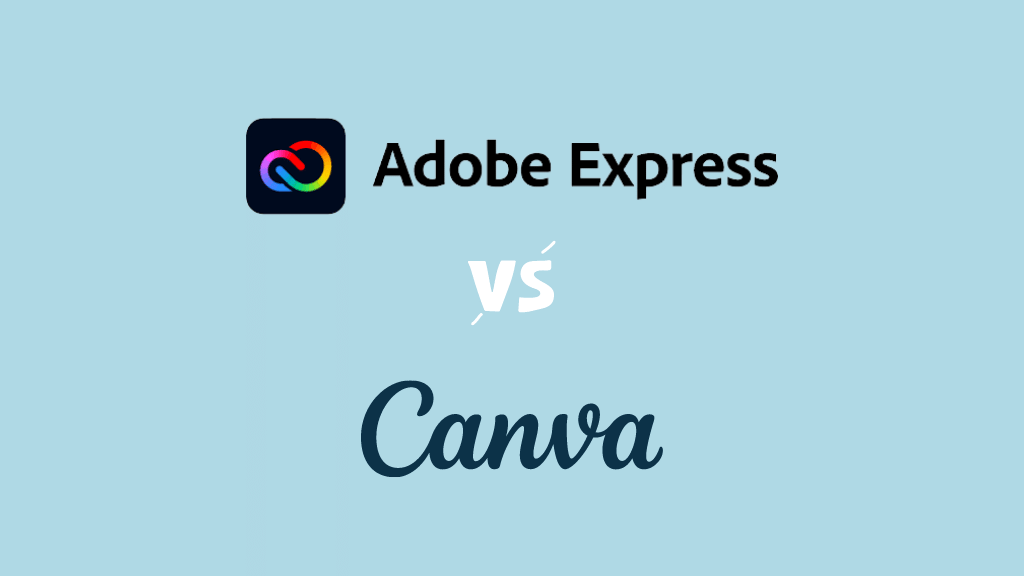

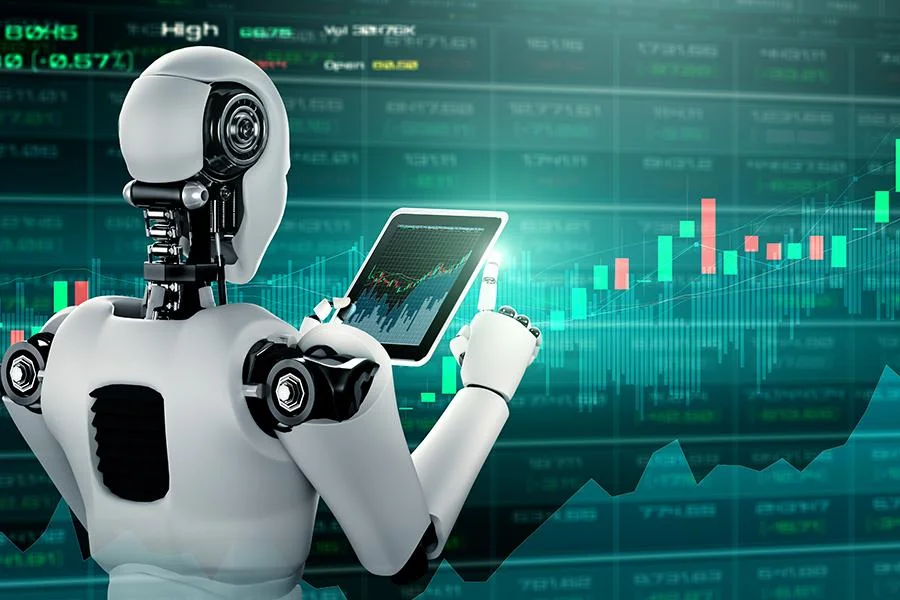


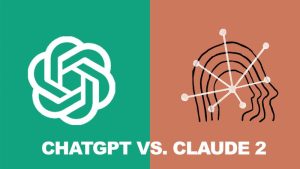

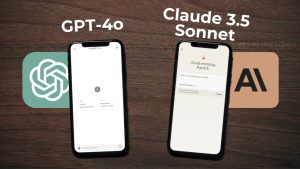
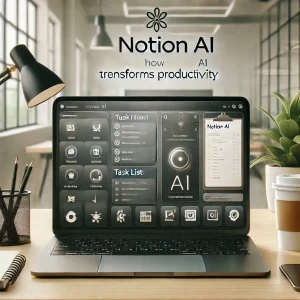
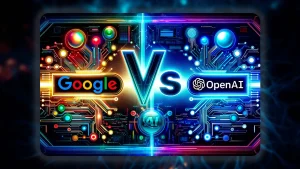
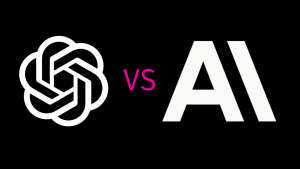
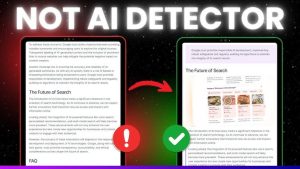
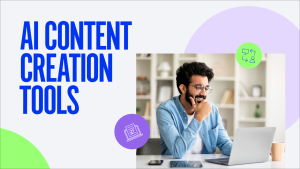
Post Comment